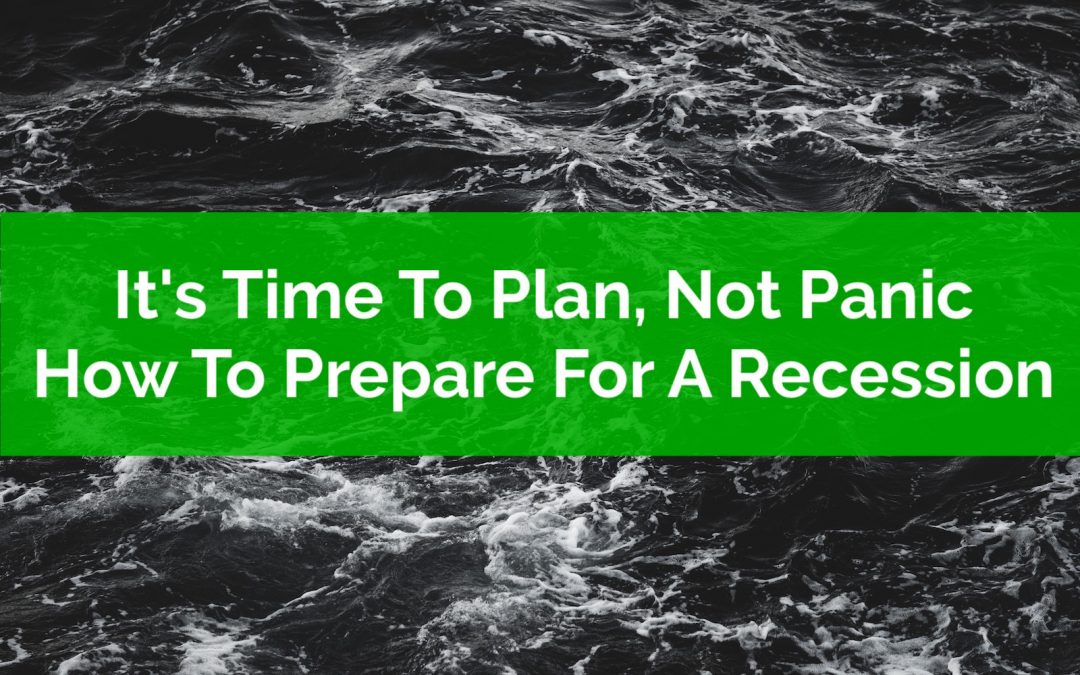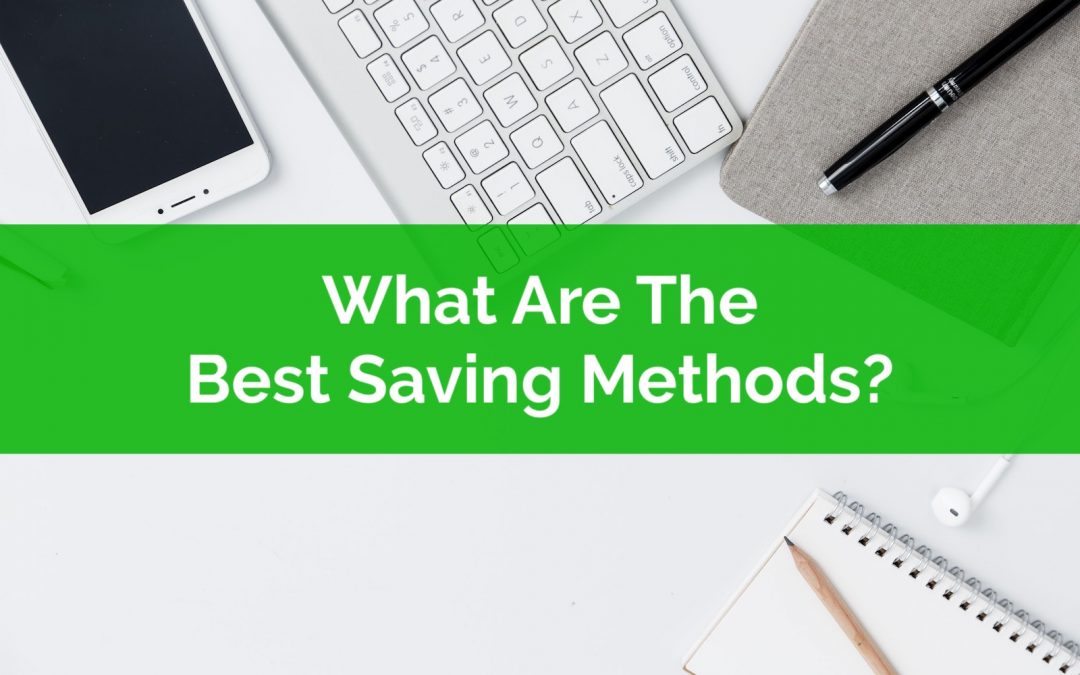
by Owen | Apr 6, 2020 | Budgeting, Financial Planning, RESP/Kids Education
Starting a family is probably one of the most complex periods in a person’s financial life. There are changes to income, expenses, insurance, investments (RESPs) etc.
Anticipating and managing all these changes can be overwhelming. It’s good to have a framework to help understand what changes you can expect and how large they may be.
It’s also a good idea to prepare yourself financially for all these big changes. There are a few things you can do to prepare your finances for a decrease in income and an increase in expenses.
Generally you can separate the financial changes when starting a family into six different areas.
There are changes to…
– Income
– One-time expenses
– On-going expenses
– Insurance
– Investments
– Taxes and Gov. Benefits
In each of these areas there are different financial impacts that come with starting a family. Some of these impacts are positive and some are negative.
For example when it comes to Income, most new parents can expect to receive the Canada Child Benefit, one of the most generous benefits in Canada. This government benefit could add thousands to a new parents annual income (plus its non-taxable!) But at the same time a new parent may take 12-18 months off work which has a very negative impact on Income.
There are also many new expenses a new parent will face. There are one-time expenses, on-going expenses and then short lived but high cost expenses like daycare.
To help a new parent plan all these changes we need to look at each area separately to understand what changes we might expect.

by Owen | Mar 16, 2020 | Behavioral Finance, Budgeting, Emergency Fund, Financial Planning, Income, Investment Planning, Retirement Planning, Saving Money
They say the best time to plant a tree was 20-years ago but the second best time is now.
The same goes for financial planning. The best time to build a plan is before a crisis/recession/depression but the second best time is today. A good financial plan will help ensure that you’re prepared for a recession or financial emergency.
Having a financial plan provides an incredible amount of peace of mind. A good financial plan will already have anticipated a scenario like this and will ensure you’re still successful. It will highlight how to prepare for a recession and what changes you need to make to ensure you are successful over the long-term.
There are a few best practices that can help improve the ‘robustness’ of a financial plan. These are practices you can start using right away, even if they weren’t previously part of your plan.
Some of these best practices focus on behavior. They help manage your financial routine during emotional periods like this. Some focus on flexibility. They ensure that you have room in your plan to absorb the unexpected, whether that be changes in income, changes in expenses, or changes in investment returns.
It doesn’t matter if you’re in retirement, starting a family, or just starting to save and invest, there are a number of ways that you can prepare for a recession that will help you feel better about your finances and your long-term plan.
This post will touch on many of these best practices. These are best practices that we’ve covered in previous posts, so we’ll cover the basics here and link to past posts for more detail.

by Owen | Dec 23, 2019 | Budgeting, Saving Money
This is the time of year when personal finances are always top of mind. Whether that be spending or saving… many of us are looking to make improvements to our personal finances.
Often spending and saving go hand in hand. A reduction in spending can mean more money for savings each month. A new savings method can mean it’s easier to avoid excess spending.
It doesn’t matter what age you are, or what stage of your personal finance journey you’re in, it’s often helpful to review spending and saving on a regular basis. Even for those of us who are natural budgeters, it can still be helpful to review spending and saving from time to time to ensure we stay on track. This type of regular “check in” can be very beneficial over the long-term.
There are some common saving methods that we feel are best practices. They make saving money easier to do. These strategies may not work for everyone but they are some of the best saving methods we’ve come across.
In this post we’ll cover a few of the best methods for saving money on a regular basis.

by Owen | Oct 28, 2019 | Budgeting, Retirement Planning
Having an emergency budget is not a new concept, it’s something we’ve written about before, but for retirees it’s particularly important.
An emergency budget is a slightly reduced budget that can be executed in times of uncertainty.
For retirees, “uncertainty” is at its highest during a recession, when investment assets have drastically reduced in price. But “uncertainty” could also be high during a long periods of below average investment returns, stagnate economic growth, or high inflation rates.
Emergency budgets are important for retirees that rely on investment assets to fund part of their retirement spending.
Often, retirement projections are done using an average rate of return. This provides a nice pretty graph but doesn’t accurately represent the range of investment returns retirees may experience in retirement.
Variable investment returns are one of the largest risks a retiree will face. A period of low or negative investment returns early in retirement can be devastating to a retirement plan. This is known as sequence of returns risk. The sequence in which a retiree experiences investment returns can have a big impact on their retirement plan. A series of low or negative investment returns early in retirement can have a very negative effect.
One important way to counteract the effect of sequence of returns risk is to reduce the draw on investment assets during periods when stock market returns are low and/or negative for a period of time.
Reducing the draw on investments, even by a small amount, helps increase the success rate of a retirement plan.
There are a few important factors when creating an emergency budget.

by Owen | Oct 21, 2019 | Budgeting, Saving Money
Starting a family is expensive. Estimates are thrown around that it costs in the low six figures to raise each child. Amounts like $100,000 or $200,000 per child are often quoted. While these are probably a bit dramatic, and include the opportunity cost of one parent staying at home, the fact is that starting a family can cause a number of changes to your personal finances.
Anticipating these expenses can ease the financial cost of starting a family (or at least make it a bit less stressful). If you know what’s coming, you can plan accordingly.
When you’re starting a family it’s easy to get caught up in the excitement. There are lots of new things that need to be purchased and there’s a strong desire to do the best for your future family. All these emotions can mean that things sometimes get a bit out of control (I speak from personal experience!) Purchases for beds, strollers, car seats, clothing etc. etc. can quickly add up to thousands of dollars.
In addition to new purchases, families often go through major cash flow changes when starting a family.
On the income side, parental leaves from work can significantly reduce income when starting a family. Of course there are sometimes “top ups” from employers, but those only last for weeks or a few months at best, and employment insurance is only 55% to 33% of your pay up to the max (depending on if you choose the 12-month or 18-month option). Even with these programs there is often a large decrease in income when starting a family.
One the expenses side, the big one is of course daycare expenses. Daycare expenses last for a few years but for most families this expense will go away once kids start school. But even when daycare expenses disappear there are still ongoing expenses for things like food, clothing, activities etc. etc., and these can add up over time.
And if all of that wasn’t challenging enough, starting a family also comes with new tax advantaged accounts like the RESP and new government benefits like the Canada Child Benefit (CCB).
To avoid being too overwhelming let’s look at the six major ways that your finances can change when you’re starting a family and how you might go about making the best decisions for your financial future.

by Owen | Jun 24, 2019 | Behavioral Finance, Budgeting, Emergency Fund, Investment Planning
Managing money is an important life skill. Whether you’re a few years into your first job, or a few years away from retirement, do it well and your financial stress will disappear. Do it poorly and you’ll probably find yourself in a difficult situation more often than not.
The problem is we were never taught how to do this! We were never told how to manage our money. We were never told how to budget, how to pay bills, how to invest, or how to save.
We were never taught about best practices like emergency funds or automated investment plans.
Some of us may have been lucky enough to have a parent or older sibling who was good with money. We were able to learn by watching them manage their money. But because money is so secretive, its often hard to see what they were actually doing on a day-to-day basis.
This post will cover a few of the best practices, the best money management tips, and the best ways to manage your money.
If you’re reading this post my guess is that you’re probably already doing some of these things, or maybe all of them! But you might find something new to add to your financial routine. Something to make it stronger and easier to manage in the future.
Page 7 of 12«...56789...»






